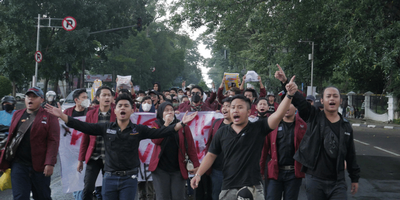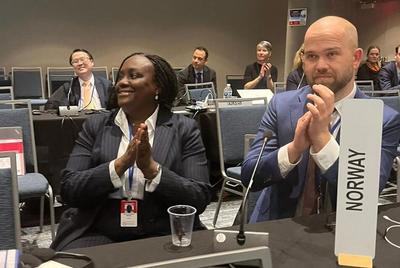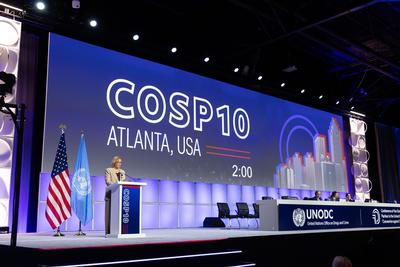Keeping the New Broom Clean: Lessons in Human Resource Management from the KPK
Indonesia has been struggling to reform its corrupt bureaucracy for years. In 2002 an independent Corruption Eradication Commission (KPK) was established by law. This article explains how the commission has managed to avoid the usual corrupt practices—the ultimate danger to its mission—by circumventing the flawed incentive-system of the civil service. It compares key features of the KPK’s human resource management system with the practices of the general civil service and argues that autonomy in internal budget allocation, recruitment practices, performance-based promotion, remuneration, and attendance have fostered KPK staff integrity. The ability of the KPK to promote job descriptions and performance-based remuneration in the civil service dissipated once it went beyond select allies, but has ultimately fed into a new civil service law passed in 2014. To sustainably reduce corruption, the new Indonesian government must rigorously follow through with civil service reform.
https://doi.org/10.1163/22134379-17104001








